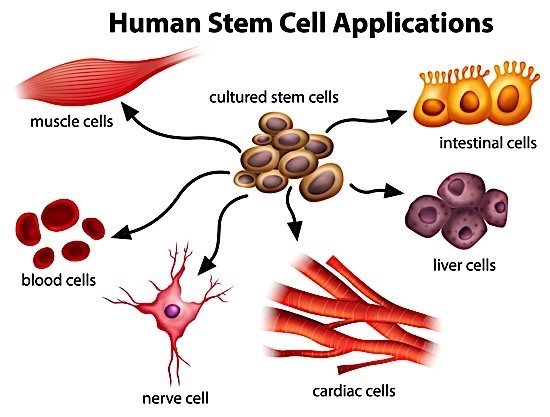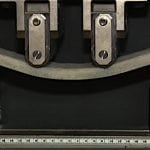
German pharmaceuticals giant Bayer, along with Versant Ventures, has announced one of the largest investments of venture capital in a Canadian biotech company. The $225 million investment is one of the largest ever made by Bayer. The money will set up a new company called BlueRock Therapeutics, which will specialize in stem cell research. The Toronto-based venture will be located at the MaRS Discovery District, owned by the provincial government.
In partnership with the McEwen Centre for Regenerative Medicine and the University Health Network in Toronto, BlueRock will establish a cardiovascular disease program with the aim of developing stem cell-derived treatments to regenerate heart muscle in heart attack and heart failure patients. The groundbreaking work of Dr. Gordon Keller, director of the McEwen Centre, is said to be the main reason that Bayer chose Toronto for the new company.
In a statement, Bayer said the company would develop “transformative and curative therapies” using the latest breakthrough technologies. The large investment will make it possible to commercialize the research, something Toronto researchers have not yet been able to do.
We have closely tracked the field of regenerative medicine for the past five years and believe the time is right to invest in stem cell therapies given recent breakthroughs in cell differentiation, manufacturing and engineering. We are delighted to team up once again with Bayer and to be partnering with such a distinguished group of founders and institutes.
One of those technologies is known as IPSC, for induced pluripotent stem cell. It is this technology, pioneered by Japanese scientist Shinya Yamanaka in 2006, that allows researchers to use stem cells from non-embryonic sources. It was because of the previous need for embryonic cells that George W Bush banned research into stem cells in 2001, a ban that was overturned by Barack Obama in 2009. In 2012, Yamanaka got the Nobel Prize for showing that mature human cells can be “reprogrammed” to become pluripotent. BlueRock has acquired the rights to this intellectual property.

It was in Toronto, however, that the concept of pluripotency, meaning that undifferentiated stem cells can develop into many different organs and body parts, was first discovered. According to the Canadian Stem Cell Foundation, Dr. James Till and Dr. Ernest McCulloch “stunned” the scientific world when they discovered that stem cells were transplantable and pluripotent. Their work at the Ontario Cancer Institute in Toronto heralded the beginning of cell science in Canada, and around the world.
Dr. Jerel Davis, managing director of Versant Ventures, said that his firm had closely tracked the field of regenerative medicine for the past five years and was sure that “the time is right” to invest in stem cell therapies.

































